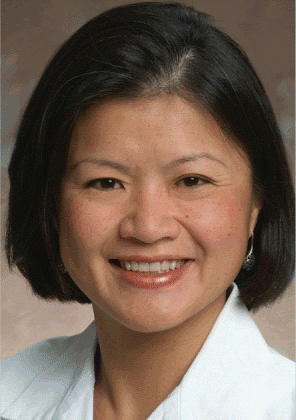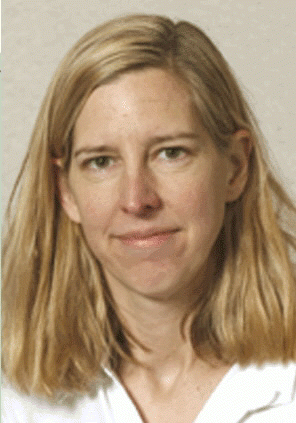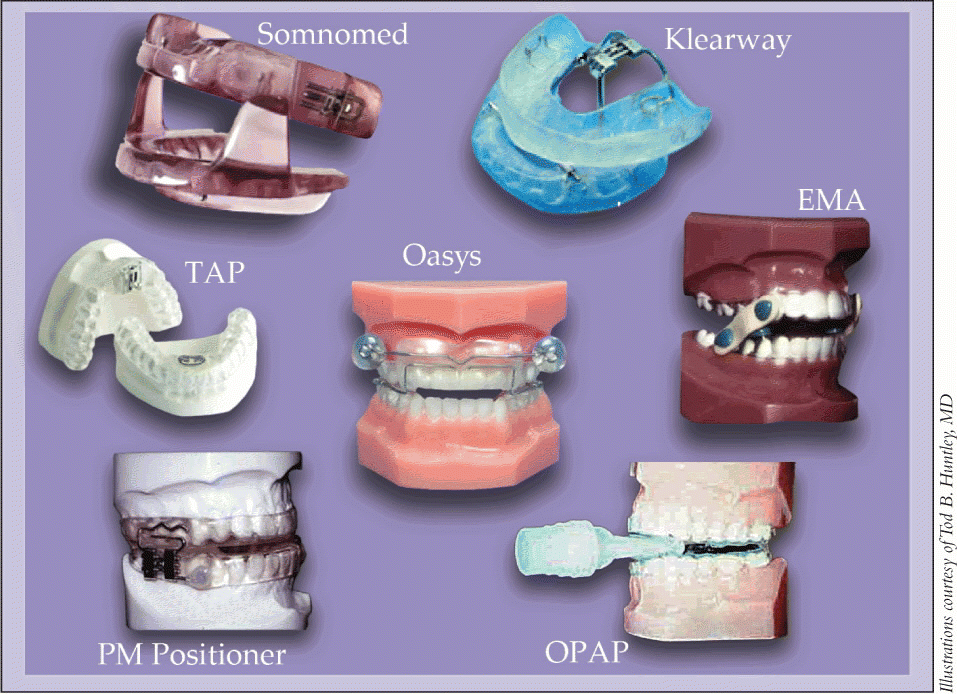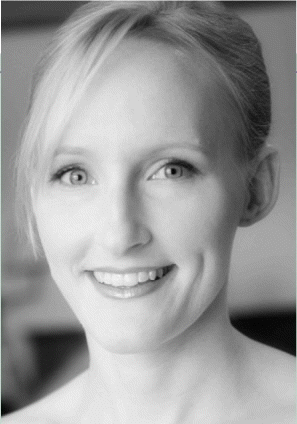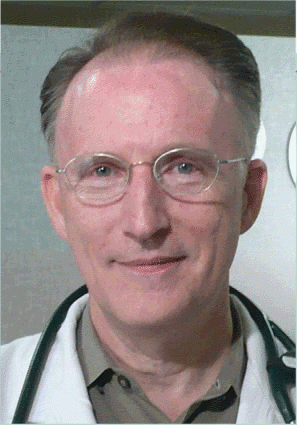Patients with cancer of the larynx who are treated at teaching and research hospitals that see high volumes of such patients are the least likely to die within a year of their diagnoses, researchers said at the annual meeting of the American Head and Neck Society.
